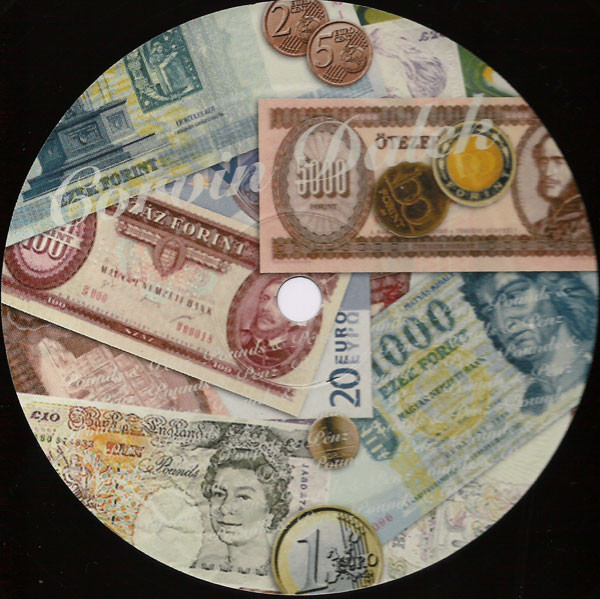
Pounds & Pénz
Together with Alex Flatner and Noel Pix, we produced Pounds & Pénz. The Geldregen Mix combined MFS-style sequencing with a heavier low-end a synthesis of influences from both Berlin and the Czech underground. Alex Flatner contributed the Deutsche Mark Mix tribal, percussive, structurally exact. It became the version that shaped the track’s reception. Mark Reeder recognised its potential and ensured its release through MFS.
Pounds & Pénz was widely played. Pete Tong featured it prominently on BBC Radio 1. John Peel and Timo Maas included it in their sets. The track became a consistent element in DJ rotations across Europe. It worked. The release marked a transition from external observer to internal participant. It was not only a debut, but a redefinition.












